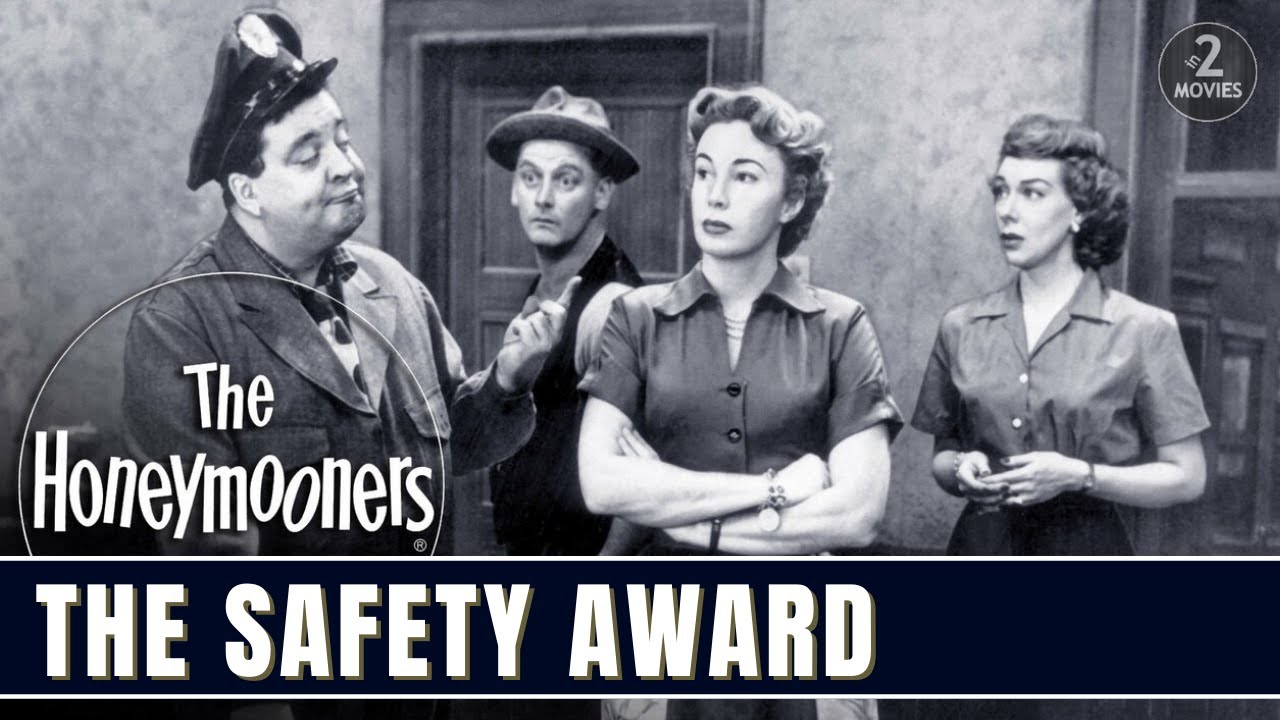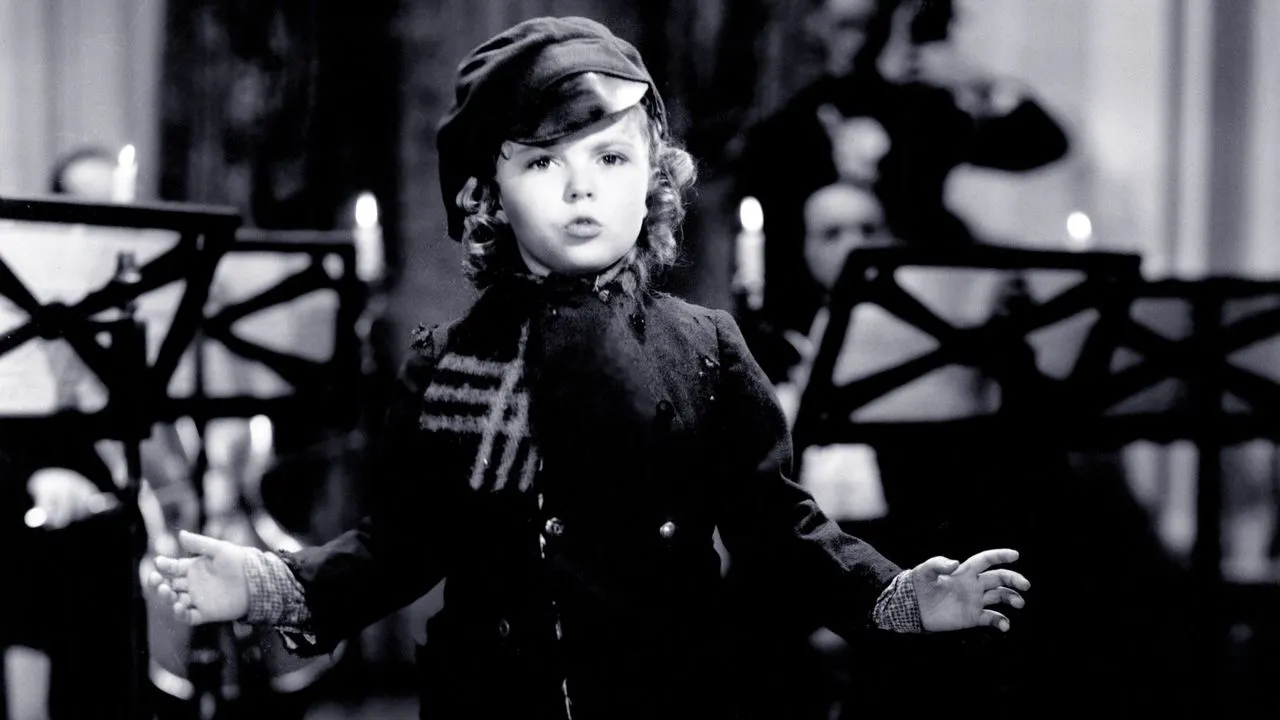In the summer of 1966, John Lennon, one of the iconic figures of the 20th century as the co-leader of the Beatles, uttered words that would reverberate across the globe. In an interview with the Evening Standard, he famously declared, "We're more popular than Jesus now." These words set off a firestorm of controversy, with some fans burning Beatles records and the media dissecting every aspect of the statement. In response to the backlash, John Lennon eventually made a formal apology, expressing remorse for his words. This article explores the historical context, the fallout from the statement, the events leading to the apology, and the lasting impact on John Lennon, the Beatles, and the world.

The Beatles Phenomenon

The Beatles, comprising John Lennon, Paul McCartney, George Harrison, and Ringo Starr, had taken the world by storm. By 1966, they were a global sensation, with adoring fans, record-breaking album sales, and sold-out concerts in numerous countries. Their music, charm, and style had captured the hearts of millions, making them one of the most celebrated and influential bands in history.
The Controversial Statement

John Lennon, known for his candidness and often provocative statements, made the infamous remark during an interview with journalist Maureen Cleave. The comment, "We're more popular than Jesus now," was not meant as an arrogant proclamation but rather as an observation about the declining influence of religion in the lives of young people at the time. Nevertheless, it sparked immediate outrage, particularly in the United States, where the band's popularity was at its zenith.
The Backlash and Fallout

The reaction to John Lennon's statement was swift and intense. In the United States, it led to public protests, radio station boycotts, and the burning of Beatles records and memorabilia. The Bible Belt regions of the country were particularly incensed, viewing Lennon's comment as blasphemous and disrespectful to Christianity. Several concerts were canceled or met with protests, and it appeared that the Beatles' American tour might be in jeopardy.
John Lennon's Retreat

Recognizing the gravity of the situation and wanting to defuse the controversy, John Lennon, his bandmates, and their management made the decision to withdraw from touring. The last scheduled concert of the tour took place on August 29, 1966, at Candlestick Park in San Francisco, marking the Beatles' final live performance as a group. Lennon retreated into seclusion, avoiding public appearances and interviews.
The Road to Apology

While John Lennon initially stood by his statement and expressed frustration with the media's sensationalism, he later realized the gravity of his words. It was not a matter of arrogance but rather a failure to communicate his intended message. As the backlash continued and public opinion remained divided, Lennon began to contemplate a formal apology. The band's manager, Brian Epstein, and their American label, Capitol Records, also urged him to address the issue.
The Formal Apology

On August 11, 1966, at a press conference in Chicago, John Lennon read a carefully crafted statement in which he apologized for his remarks and sought to clarify his intentions. He expressed deep remorse and explained that his statement was taken out of context. The apology was heartfelt and sincere, acknowledging that he had unintentionally hurt the feelings of many fans. The controversy began to subside, and the Beatles, who were no longer touring, focused on studio work, producing some of their most groundbreaking music.
The Impact on the Beatles

The controversy surrounding John Lennon's statement marked a turning point in the Beatles' career. While it prompted their retreat from touring, it also allowed them to explore new musical directions in the recording studio. Albums like "Sgt. Pepper's Lonely Hearts Club Band" and "The White Album" showcased the band's experimentation and innovation, solidifying their legacy as pioneers in the world of music.
John Lennon's Personal Growth

The apology marked a period of personal growth and self-reflection for John Lennon. He began to delve into issues beyond music, including politics, peace activism, and social justice. This transformation was evident in his solo work, as he released songs like "Imagine," which became anthems for peace and unity. Lennon's commitment to these causes would define the latter part of his life.
The Beatles' Legacy

Despite the controversy, or perhaps because of it, the Beatles' popularity and influence continued to grow. They released groundbreaking albums, experimented with new sounds, and solidified their status as cultural icons. Their music transcended generations, and their impact on popular culture remains immeasurable.
Conclusion

John Lennon's controversial statement and subsequent apology serve as a testament to the complexities of fame, the power of words, and the challenges of being in the public eye. While the controversy surrounding his remark was a defining moment in the Beatles' career, it also led to personal growth and profound reflection for Lennon himself. His journey from a provocative musician to a committed activist is a remarkable part of his legacy, one that continues to inspire and resonate with people around the world.
In the end, John Lennon's legacy is not defined by a single statement but by the music, the message, and the ideals he shared with the world. His transformation from a young rock 'n' roller into a global icon of peace and love is a story of redemption and enduring significance, reminding us all that it's never too late to apologize, to learn, and to make a positive impact on the world.



